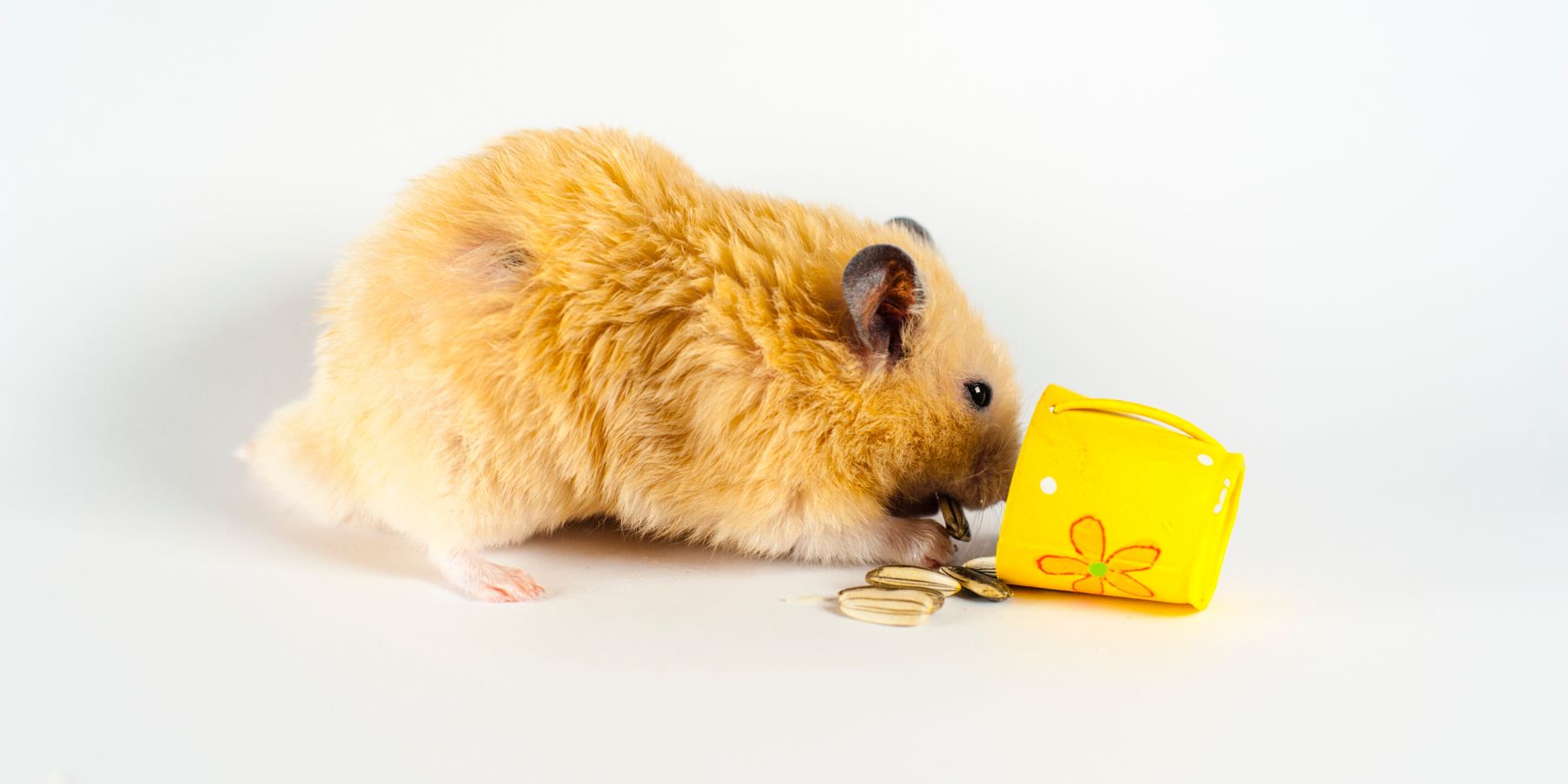Dwarf hamsters are small, but they have big nutritional needs! Like humans, they need a balanced diet to stay healthy. This includes a mix of proteins, fats, and carbohydrates. It’s also crucial for them to have fiber for digestion and some vitamins and minerals.
The Basics: Commercial Hamster Foods
The easiest way to feed your dwarf hamster is with commercial hamster food. These are specially formulated to give your hamster the right balance of nutrients. Look for high-quality brands that list grains and proteins, not fillers or sugary stuff, as the main ingredients.
Fresh Foods for a Nutritional Boost
Fresh foods can add variety and extra nutrition to your hamster’s diet. Vegetables like carrots, spinach, and broccoli are great. You can also offer small amounts of fruits like apples or pears. Remember, fresh foods should only be a small part of their diet.
Protein: Essential for Health
Proteins are vital for your hamster’s health, especially for young and pregnant hamsters. You can give boiled eggs, cooked plain chicken, or mealworms as protein treats. Just make sure these are only occasional treats.
The Importance of Grains and Seeds
Grains and seeds should be a big part of your dwarf hamster’s diet. Barley, oats, millet, and wheat are good choices. These provide the carbohydrates needed for energy. But, be careful with fatty seeds like sunflower seeds; they should be given in moderation.
Avoiding Harmful Foods
Some foods are a big no for dwarf hamsters. Avoid anything with lots of sugar, like candy or chocolate. Also, stay away from garlic, onions, and spicy foods. These can be harmful to your little friend.
Hydration: Don’t Forget Water!
Water is essential for your hamster’s health. Please make sure you have placed a bottle for your hamster in their cage. Always make sure your hamster has access to fresh, clean water. Change it daily to prevent contamination.
How Much and How Often to Feed
Dwarf hamsters don’t eat much at one time, but they like to nibble throughout the day. Give them a small amount of commercial food daily, along with occasional fresh food treats. Don’t overfeed; obesity can be a problem for these little creatures.
Monitoring Your Hamster’s Health Through Diet
Pay attention to your hamster’s eating habits. If they stop eating or change their habits, it might be a sign of illness. Also, watch their weight and adjust their diet if needed.
Conclusion
Feeding your dwarf hamster doesn’t have to be complicated. A good commercial hamster food, supplemented with fresh, hamster-safe foods, will keep them happy and healthy. Remember, every hamster is unique, so pay attention to their specific likes, dislikes, and nutritional needs.

